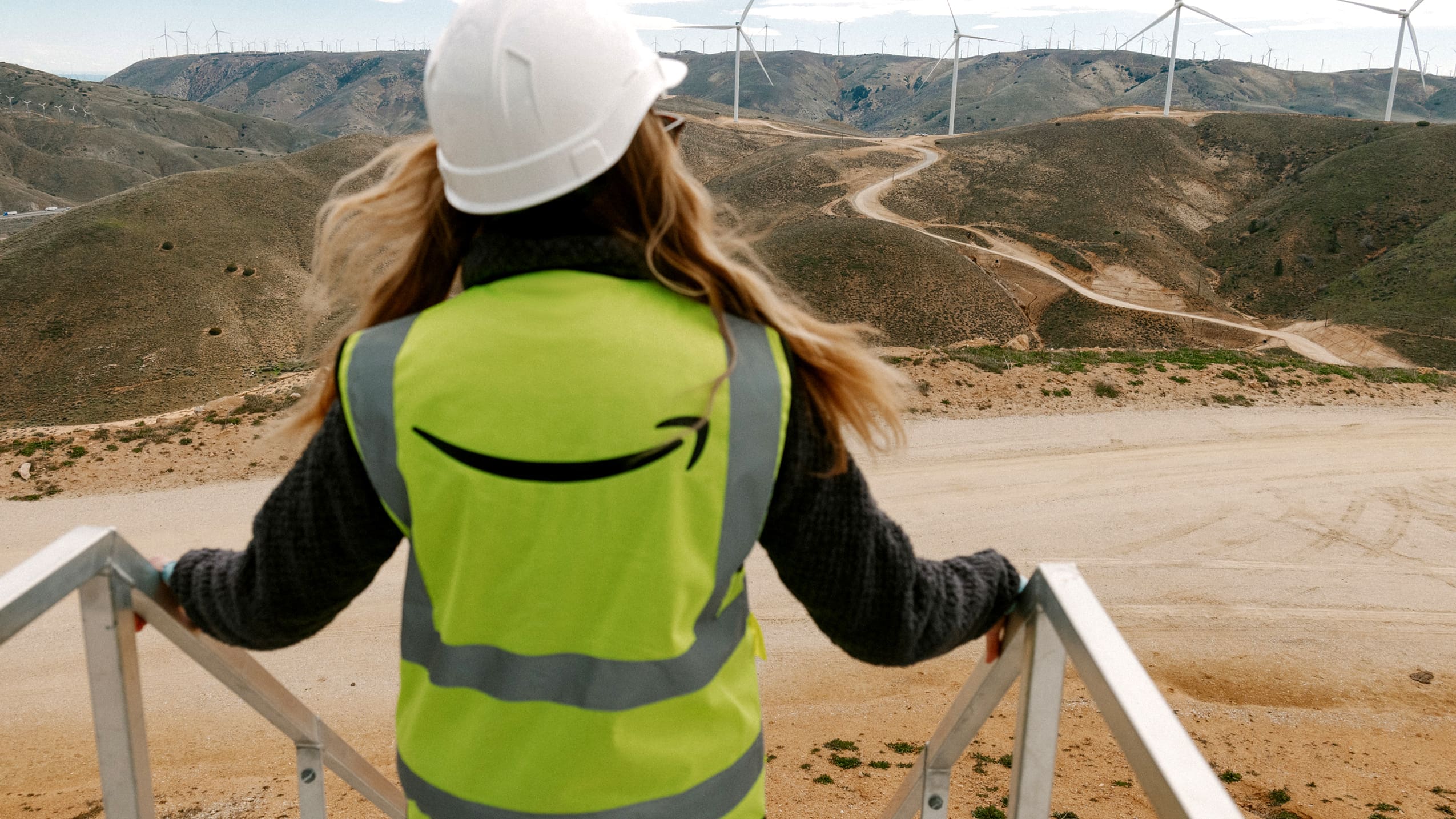Atlas Renewable Energy (Atlas) marks a new milestone with the development of its first wind power project with a long-term power purchase agreement (PPA) with Enel Generación Chile S.A. (Enel) for 1.3 GWh/year. The power is equivalent to powering the homes of 628,512 families in Chile, avoiding 671,488 tons (740,189 tonnes) of carbon pollution, and is equivalent to getting rid of about 145,975 cars from the streets of Santiago.
The portfolio’s three wind projects total 417 MW throughout Chile, helping accelerate its clean energy transition. “Our first wind energy project solidifies our position as a company capable of developing different renewable technologies and adapting to the needs of customers in multiple markets across the globe,” said Alfredo Solar, general manager of Atlas Renewable Energy in Chile. “With this agreement, Enel complements its renewable energy portfolio with additional wind power to offer its customers clean and competitive energy, in line with the contribution that the company is making to promote the country’s energy transition,” said Alfredo Hott, Enel trading and commercialization manager.
Atlas’ Alpaca Portfolio consists of three wind projects that are set to begin operation in 2025. They will be located in the Araucania, Los Lagos, and Maule regions of Chile. “We are very proud to expand our work to the south of the country,” said Solar. “Atlas already has a presence in Antofagasta, Atacama, and the Metropolitan Region. But with these projects, we’ll expand into Chile’s south and establish a presence in six regions of the country.”
With the signing of this PPA, Atlas solidifies itself as a partner for large-scale utilities in Latin America to procure clean, renewable energy. Previously, Atlas signed a similar PPA with Engie to develop Sol del Desierto, a solar plant located in Chile’s Atacama Desert, which recently began operations.
The construction of the project will facilitate the development of localized social programs designed by Atlas and will prioritize the inclusion and development of the local labor force. Similar programs were developed during the construction of Sol del Desierto. One of that project’s initiatives was the “we are part of the same energy” program, which provided technical trainings to 66 local women, enabling them to apply for skilled jobs during the construction of the project as well as in other local jobs.

















